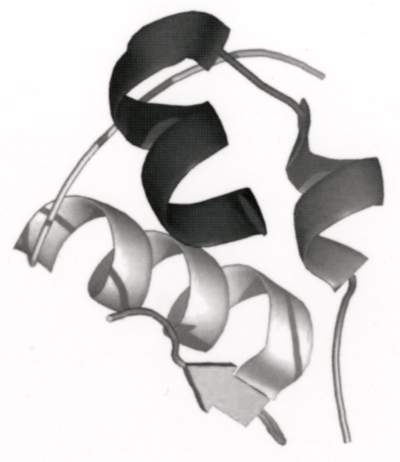Diabetes-related complications - including blindness, stroke, kidney disease and even gangrene - are largely due to vascular defects. Research by Institute scientists aimed at studying the adhesion and motility of cells in blood vessels may help control these debilitating complications.
The normal function of blood vessels greatly depends on the dynamic properties of the endothelial cells that line the vessel. These cells are firmly attached to the underlying membrane as well as to their neighbors via specialized adhesions, which play a crucial role in regulating vessel formation (angiogenesis), stability and repair. When given a message by angiogenic factors, or following a pathological loss of cell-cell adhesion, endothelial cells extend flattened protrusions with motile properties, form new adhesions and migrate. This physiological response is essential for blood vessel maintenance.
This process can be simulated in the laboratory by an in vitro wound model, where cultured endothelial cells are allowed to migrate into and close a gap that has been artificially introduced into the endothelial layer. Under pathological conditions such as diabetes, the normal maintenance of blood vessels is severely disrupted, leading to increased fragility and malfunction of the vascular system.
Prof. Benjamin Geiger of the Molecular Cell Biology Department is investigating the mechanisms regulating endothelial adhesion and motility. Current studies in his laboratory address the mechanisms underlying these dynamic processes, in healthy and diseased vessels. A better understanding of the molecular mechanisms underlying the generation of new blood vessels and wound closure may point toward possible targets for drug development.
In related research, the work of Prof. Michal Neeman of the Biological Regulation Department may help address the necrotic wounds in the extremities, characteristic of diabetes. Neeman is working on the use of quantitative magnetic resonance imaging (MRI) methods for the analysis of vascular growth in limbs deprived of blood supply. Her objective is to generate criteria for testing the efficacy of therapeutic approaches for blood vessel growth.






















